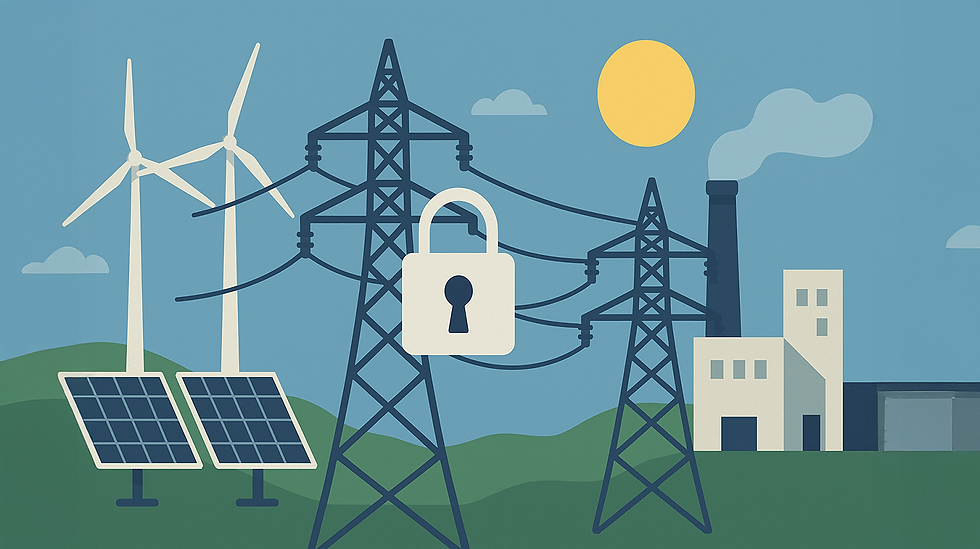Tackling Ocean Plastic Pollution
- Yaein Choi

- May 16, 2024
- 2 min read
Updated: May 30, 2024
Plastic waste in the ocean is one of the most pressing environmental issues of our time. With millions of tons of plastic debris entering marine ecosystems each year, the impact on wildlife, human health, and the overall health of our oceans is devastating. However, there are effective steps that individuals, communities, and governments can take to reduce plastic waste and protect our oceans.
The first step in combating ocean plastic pollution is to embrace the principles of reducing, reusing, and recycling. Reducing the amount of single-use plastics we consume can have a significant impact. Opt for reusable items such as water bottles, shopping bags, and food containers. When purchasing products, look for items with minimal or recyclable packaging. Properly sorting and recycling plastics helps ensure that they do not end up in landfills or the ocean. By making conscious choices in our daily lives, we can collectively reduce the amount of plastic waste generated.
Government policies and corporate practices play a crucial role in addressing plastic pollution. Supporting legislation that limits single-use plastics, mandates recycling, and encourages the development of sustainable packaging can drive significant change. Governments can implement bans on certain plastic products, impose taxes on plastic production, and incentivize the use of eco-friendly alternatives. Additionally, holding corporations accountable for their plastic waste through extended producer responsibility (EPR) programs ensures that companies take responsibility for the entire lifecycle of their products, from production to disposal.
Community involvement in clean-up initiatives can make a tangible difference in reducing plastic waste in the ocean. Participating in local beach clean-ups, river clean-ups, and other environmental events helps remove existing plastic debris and prevents it from entering marine ecosystems. These events also raise awareness about the severity of the issue and inspire others to take action. Organizations and volunteer groups often organize clean-up activities, making it easy for individuals to get involved and contribute to a cleaner environment.
Education is a powerful tool in the fight against plastic pollution. Raising awareness about the impact of plastic waste on the environment and promoting sustainable practices can influence behavior change. Schools, community groups, and media outlets can play a significant role in educating the public about the importance of reducing plastic use and the steps they can take to make a difference. Advocacy efforts, such as campaigns and petitions, can also put pressure on policymakers and businesses to adopt more sustainable practices.
Innovation is key to solving the plastic pollution crisis. Investing in research and development of alternative materials, such as biodegradable plastics, plant-based packaging, and reusable products, can provide sustainable solutions to reduce plastic waste. Supporting companies and initiatives that focus on eco-friendly products and packaging can drive market demand for sustainable alternatives. By fostering a culture of innovation and investing in green technologies, we can pave the way for a future where plastic waste is significantly reduced.
In conclusion, reducing plastic waste in the ocean requires a multifaceted approach involving individual action, legislative measures, community engagement, education, and innovation. By taking proactive steps and working together, we can protect our oceans and ensure a healthier, more sustainable planet for future generations.




Comments